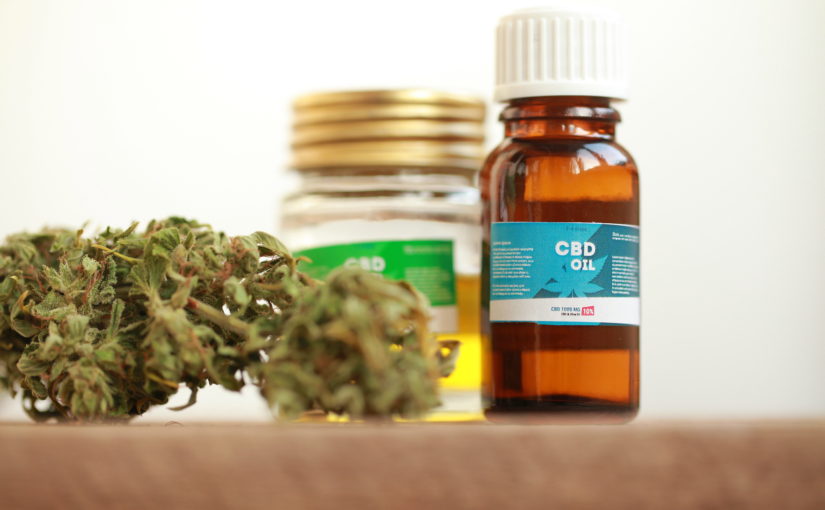Cannabidiol & Cosmetics – Changing Federal & State Regulations

Based on recent enforcement actions and rule changes at the state and federal levels, the focus on cannabidiol (CBD), the non-psychoactive component of both hemp and marijuana, as an additive to consumer products is on consumable products such as foods, beverages, and dietary supplements rather than topical products such as cosmetics. The FDA is advising that they may pursue enforcement actions against companies that market CBD infused cosmetics as “drugs.” Recent guidance released by the Michigan Department of Licensing and Regulatory Affairs (LARA) and Michigan Department of Agriculture and Rural Development (MDARD) clarified the use of CBD in food, drinks, and dietary supplements.
It is currently illegal to add CBD to food products, drinks, or dietary supplements. The guidance does not address whether it is legal to add CBD to cosmetics. A cosmetic is defined by the Federal Food Drug and Cosmetic Act (FFDCA) as “(1) articles intended to be rubbed, poured, sprinkled, or sprayed on, introduced into, or otherwise applied to the human body or any part thereof for cleansing, beautifying, promoting attractiveness, or altering the appearance, and (2) articles intended for use as a component of any such articles; except that such term shall not include soap.”
Under the FFDCA, most cosmetic product ingredients are not subject to premarket approval by the Food and Drug Administration (FDA). Although CBD is not a cosmetic ingredient that is prohibited or restricted by regulation, the addition of CBD to a cosmetic product must comply with all applicable FFDCA and FDA requirements.
No cosmetic ingredient – including CBD – can be used if it causes the cosmetic product to be adulterated or misbranded in any way. Under Sections 502 and 602 of the FFDCA, there are a number of ways a product can be “misbranded” or “adulterated.” Common ways for misbranding are with labeling that is false or misleading, and for adulteration when it contains a filthy, putrid, or decomposed substance.
If a product is intended for use in the diagnosis, cure, mitigation, treatment, or prevention of disease or is intended to affect the structure of any function of the body, it is regulated as a drug. A product may be possibly both a cosmetic and a drug, even if it only affects a person’s appearance. A determination of whether a product is a drug is dependent on the intended use of the product and may expose the manufacturer and marketer to additional liability.
Manufacturers and marketers of CBD infused cosmetics should ensure that their product is not adulterated or misbranded. A review of marketing materials, such as the marketers’ website is suggested to document compliance with current FDA regulations. In addition, products liability insurance coverage may be at issue if claims are made for a cosmetic product intended for use in the cure, mitigation, treatment, or prevention of disease.
Foley, Baron, Metzger & Juip offers comprehensive assistance to those seeking licensure under the Marihuana Facilities Licensing Act, as well as compliance with local medical marihuana regulations. We also advise clients on related matters, including business formation, land use, environmental compliance, facilities siting and related issues. Contact Richard Baron or Daniel Cortez for more information at 734.742.1800.

